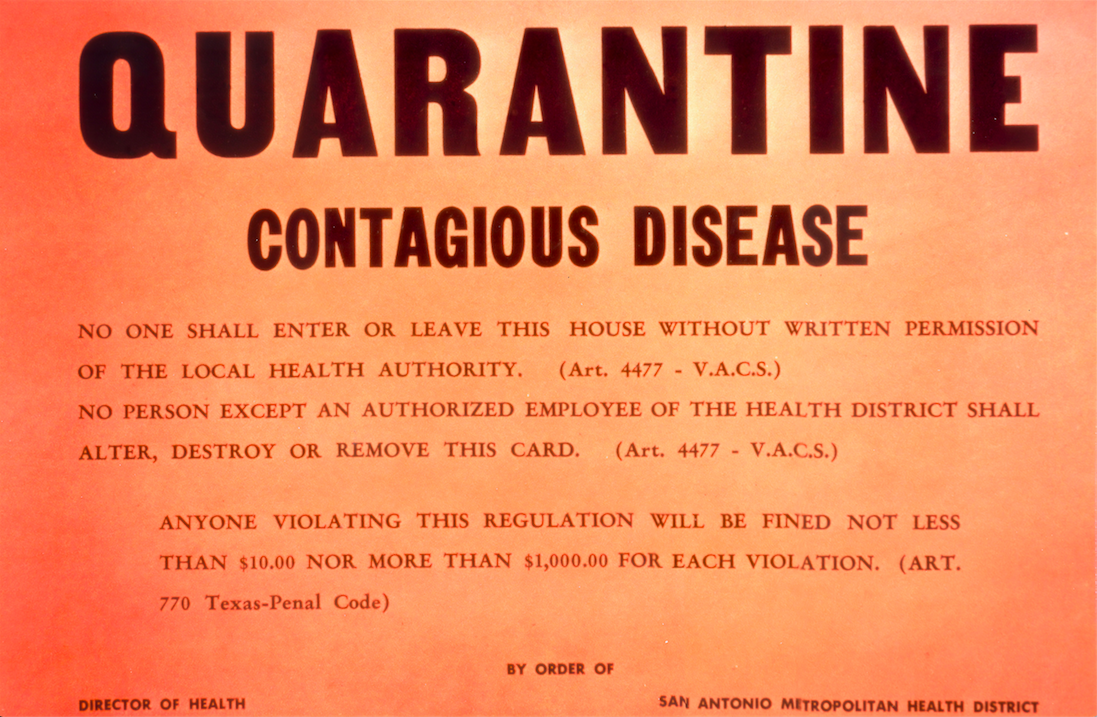Time is a 4-Letter Word
Guest Blogger Karen Thalacker digs deep into that short, little 4-letter word that we just don’t seem to have enough of these days.
We've crafted solutions tailored to your firm
The world of insurance for law firms can be confusing, and difficult to navigate. We've created this glossary because these common insurance terms should be easy to understand.

I know, only a dweeb like me would own — and actually refer to — an Oxford English Dictionary (OED). Blame it on the bossa nova. Or the coronavirus. Honestly, I’m feeling a bit guilty these days, but that’s another thing.
To the real question: What’s up with the etymology of the word, “disease” and the historical use of that word? When did “dis-ease” (my hyphenation) become the word “disease” as we currently use it — and why? It’s a question that only the OED can answer, and I have a hunch that it has something to do with mindfulness and meditation. Bear with me.
According to the OED, the first printed use of the word “disease” was circa 1330, and was used to express an absence of mental, or emotional, ease. That definition is now deemed to be obsolete, and the word morphed into a “condition of the body” about sixty years later, in 1393. That’s when the current meaning of the word “disease” first came into use.
And what, you may ask yourself, does that have to do with mindfulness or meditation? In a word (for me), it conjures up a suggestion of metta meditation: “May I/you/we find ease in my/your/our lives”. That association adds a layer of texture that I had not previously appreciated, and it helps me better understand the concepts of both ‘ease’ and ‘metta’ — makes both of them more real.
Metta (often translated into modern English as “loving kindness” is a tremendous tradition. and a wonderful meditation about which a lot has been written, so I won’t get into it in great detail. Rather, I’ll refer you to pretty much any book written by Sharon Salzberg. Suffice to say, metta encourages gratitude, empathy, self-compassion, and kindness — qualities that seem to be in short order these days.
The OED has two — count ’em two — entries for the English word “disease.” One refers to our mental, or emotional, state. One refers to our physical state. The mental, or emotional sense of “ease” may be currently deemed (in the English language) obsolete, but is it?
The issue of well-being is pretty hot these days. Certainly, that is true in the legal profession. Not coincidentally, most of us tend to think about well-being as something that is largely a matter of physical fitness. We seem to minimize our mental/emotional fitness. Query: What happened to the mind part of the mind/body dichotomy?
Etymologically, the fork in the road that happened approximately 700 years ago, has led us far from the original meaning, or concept. Unfortunately, that etymological evolution has also impacted our modern-day experience and not in a good way.
Let’s reacquaint ourselves with the original meaning of the word “disease.” And let’s reflect upon how, and why, that change occurred. While we’re at it, let’s reacquaint ourselves with metta meditation!
Jeff is a recently retired lawyer of almost 40 years and founder of The Mindful Law Coaching & Consulting Group. He is a former chair of the Chicago Bar Association (“CBA”) commercial litigation committee and the founder of the CBA Mindfulness and the Law committee. Jeff was also the initial vice-chair of the LAP-sponsored Illinois Task Force for Lawyer Well-Being, and has addressed numerous legal organizations about mindfulness and meditation for lawyers. He is also a regular meditator, trained in the Vipassana tradition.
Guest Blogger Karen Thalacker digs deep into that short, little 4-letter word that we just don’t seem to have enough of these days.

2 min read
ERG is the business world acronym for an Employee Resource Group. Ever think about forming an ERG for women and men who strive to maximize their...

1 min read
It’s an acronym created by Michelle McDonald and popularized by Rick Hansen, Ph.D. in a 2014 article published by Psychology Today magazine. ...